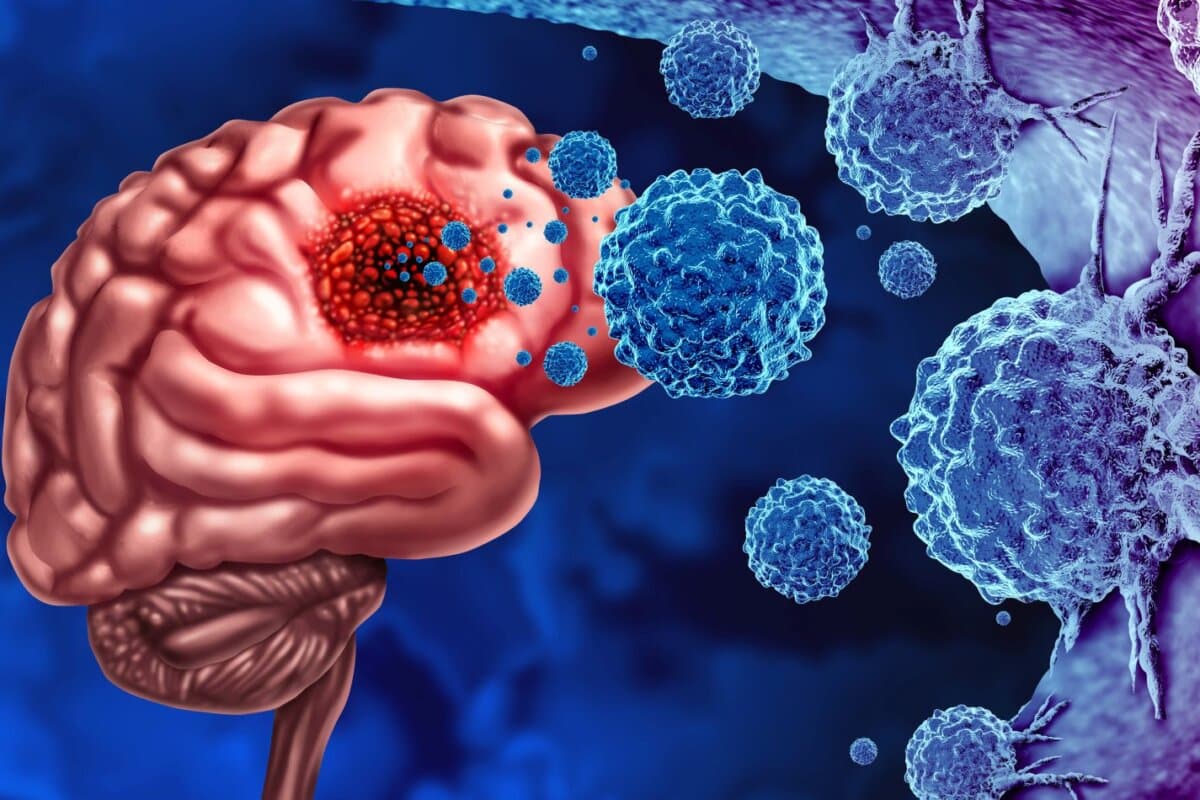Neue Immuntherapien für das hochgradige Gliom
Bisher enttäuschten Checkpoint-Inhbitor sowie klassische CAR-T-Zellen bei aggressiven Hirntumoren. Drei Forschende stellten am ESMO Congress 2024 nun neuartige zelluläre Immuntherapie-Behandlungsansätze für hochgradige Gliome vor. Dazu zählen Interferon-produzierende Makrophagen und intrathekal verabreichte CAR-T-Zellen gegen ein neues Target.

freshidea/stock.adobe.com
Checkpoint-Inhibitoren (CPI) haben ihre Berechtigung bei Hirntumoren, argumentierte Professor Dr. Dr. Bart Neyns vom Universitätsklinikum Brüssel (1).
Sein Team unterstützte die CPI in einer Phase-I-Studie durch autologe CD1c(BDCA-1)+/CD141(BDCA-3)+ myeloide dendritische Zellen (myDC). Diese wurden aus dem Blut der Patienten aufgereinigt und intrakranial gegeben.
Referenzen
- Neyns B et al. A phase I clinical trial on the intracranial administration of autologous CD1c(BDCA-1)+ /CD141(BDCA-3)+ myeloid dendritic cells (myDC) in combination with ipilimumab (IPI) and nivolumab (NIVO) in patients with recurrent high-grade glioma (rHGG). ESMO Congress 2024; Abstract 441O
- Huang Y et al. A phase I clinical trial of intrathecal injection of allogeneic CAR-γδT cells targeting B7H3 for the treatment of patients with recurrent glioblastoma. ESMO Congress 2024; Abstract 442O
- Cicero F et al. Macrophage derived immunotherapy in glioblastoma: Phase I TEM-GBM-001 results. ESMO Congress 2024; Abstract 449MO
- Brandsma D. Invited Discussant 448MO, 449MO and 450MO. ESMO Congress 2024; Invited Discussant 448MO, 449MO, 450MOsch